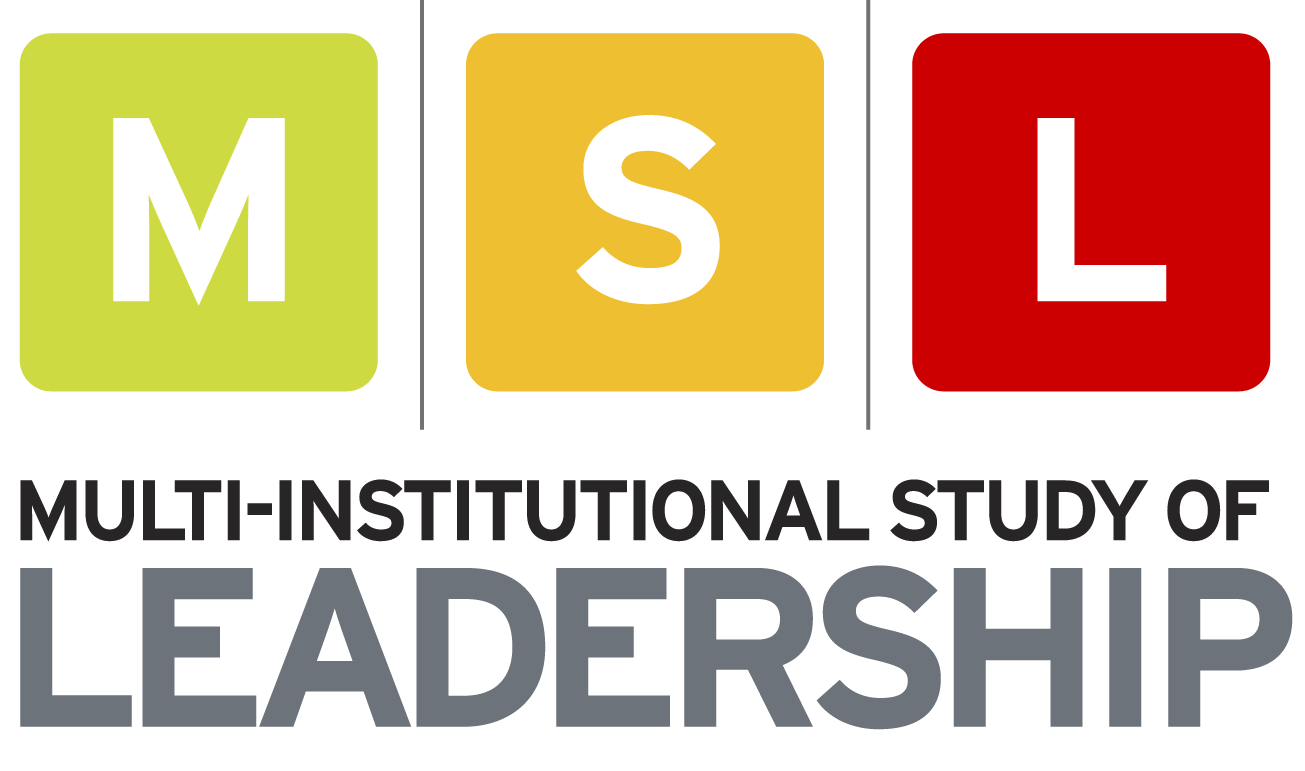CCP (5 of 6): Lean into the Gray, Co-Curricular Applications of Cultivating Critical Perspectives (NASPA Leadership Podcast)
See the series description, Part 1, Part 2, Part 3, and Part 4 if you have arrived here first.
NASPA Leadership Podcast, hosted by Myles Surrett
Episode 27: Cultivating Critical Perspectives Part 5: Co-Curricular Applications
In the penultimate NASPA Leadership Podcast focusing on Leadership Theory: Cultivating Critical Perspectives, Lesley-Ann Brown-Henderson, Executive Director of Campus Inclusion and Community at Northwestern University, joins John Dugan and host Myles Surrett to discuss co-curricular applications of the new book and facilitator’s guide.
You won’t come away from this podcast with step-by-step instructions on running a session with your staff; Lesley-Ann, John, and Myles give us so much more.
First, we learn from Lesley-Ann’s experience of piloting key concepts from CCP with her staff at Northwestern’s Multicultural Student Affairs, Student Enrichment Services (serving the needs of low-income and first-generation students) and Social Justice Education. What she took from this book, and uses with her staff, is that leadership is not black and white, but there is a lot of gray, and we should “lean into the gray”. Viewing leadership through the lenses of experience and identity make us both the educator and learner simultaneously.
“Who you are matters, context matters, issues of power and privilege are undercurrent throughout all of it…“ This complicates our understanding of any given heuristic, but also creates dialogue. In particular, it gives participants the opportunity to critique the leadership story most often told, and to consider how their own stories fit, or don’t fit, in this narrative. Lesley-Ann views this work as an invitation for participants’ “truths to be known and incorporated” – a way for them to be “counted” as a leader.
Second, John shares the three key takeaways from the book that he would encourage facilitators to incorporate into short sessions:
The importance of understanding prototypes, and how they systematically privilege some and disadvantage others.
To train and prepare people to negotiate power dynamics and authority structures. Students must be ready to face real-world realities where we cannot assume that power will be used for good.
Purposefully cultivate agency. The focus is often on resilience, but this is derived from agency.
For more excellent discussion on tackling depth in a less-structured environment (hint – pracademic!), the benefits of early introduction to “perception-altering assumptions”, and making student activists a part of their institution, tune in to the NASPA Student Leadership Programs podcasts, hosted by Myles Surrett, at iTunes or SoundCloud.

